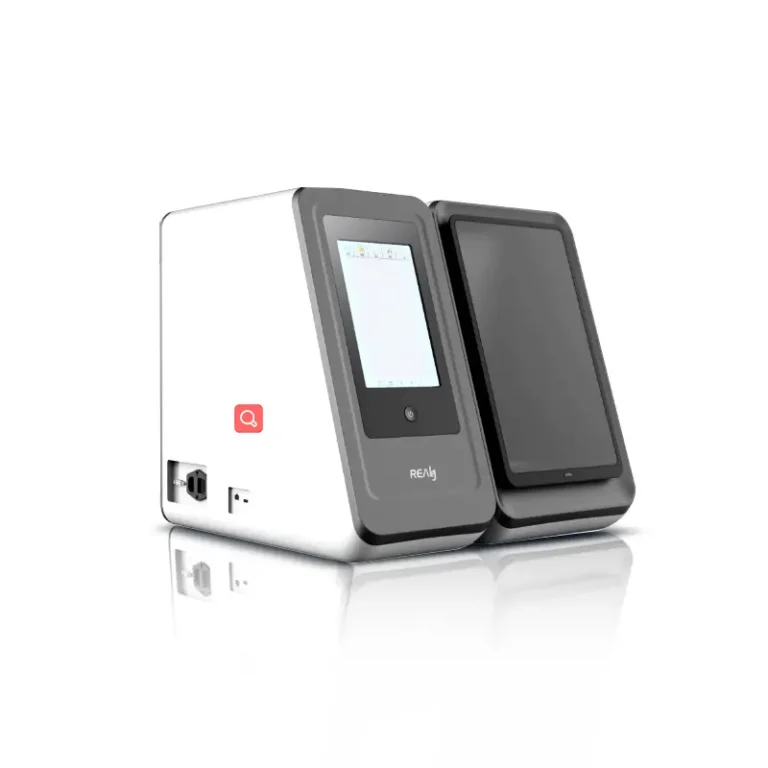ELISA: A Simple and Effective Method to Test for Diabetes
Diabetes is a chronic condition that affects how your body processes glucose, a type of sugar that provides energy for your cells. If you have diabetes, your blood glucose levels are either too high (hyperglycemia) or too low (hypoglycemia), which can cause various health problems.
There are different types of diabetes, such as type 1, type 2, and gestational diabetes. To diagnose and monitor diabetes, you need to measure your blood glucose levels regularly. One of the methods to do this is using ELISA, or enzyme-linked immunosorbent assay.
What is ELISA?
ELISA is a laboratory technique that detects and measures certain substances in your bodily fluids, such as blood, urine, saliva, or cerebrospinal fluid. ELISA can check for the presence of antibodies, antigens, proteins, hormones, and other molecules that are related to various diseases and conditions.
ELISA works by using an enzyme that produces a colour change when it reacts with the substance of interest. The intensity of the colour indicates the amount of the substance in the sample. ELISA is a sensitive, specific, and accurate method that can provide quantitative and qualitative results.
How does ELISA test for diabetes?
ELISA can test for diabetes by measuring the levels of insulin, a hormone that regulates blood glucose levels, and C-peptide, a byproduct of insulin production, in your blood. Insulin and C-peptide are produced by the beta cells of the pancreas, which are damaged or destroyed in type 1 diabetes and impaired in type 2 diabetes.
By measuring the levels of insulin and C-peptide, ELISA can help determine the type and severity of diabetes, as well as the response to treatment. For example, low levels of insulin and C-peptide indicate type 1 diabetes, while normal or high levels indicate type 2 diabetes or insulin resistance. ELISA can also help monitor the effects of insulin therapy or other medications on blood glucose levels.
What are the advantages and disadvantages of ELISA for diabetes testing?
ELISA has several advantages and disadvantages for diabetes testing, such as:
Advantages:
- ELISA is a simple, fast, and inexpensive method that can be performed in any laboratory setting.
- ELISA can provide reliable and precise results that can help diagnose and manage diabetes effectively.
- ELISA can measure multiple substances in a single sample, which can save time and resources.
Disadvantages:
- ELISA requires a blood sample, which can be invasive and painful for some people.
- ELISA can be affected by factors such as sample quality, storage conditions, and human errors, which can cause false-positive or false-negative results.
- ELISA may not be available or accessible in some regions or settings, especially in low-resource areas.
What are the alternatives to ELISA for diabetes testing?
ELISA is not the only method to test for diabetes. There are other alternatives that can also measure blood glucose levels or other indicators of diabetes, such as:
Glucometer: A device that measures blood glucose levels using a small drop of blood from a finger prick. Glucometers are portable, easy to use, and provide immediate results. However, they may not be very accurate, and they require regular calibration and maintenance.
Hemoglobin A1c (HbA1c): A blood test that measures the average blood glucose levels over the past two to three months. HbA1c reflects how well diabetes is controlled over time. However, it may not reflect short-term changes in blood glucose levels, and it may be affected by conditions such as anemia or kidney disease.
Oral glucose tolerance test (OGTT): A test that measures how your body responds to a dose of glucose that you drink. OGTT can diagnose diabetes or prediabetes, which is a condition that increases the risk of developing diabetes. However, it may cause side effects such as nausea, vomiting, or diarrhea, and it requires fasting and multiple blood samples.
Conclusion
ELISA is a useful technique that can test for diabetes by measuring the levels of insulin and C-peptide in your blood. ELISA can help determine the type and severity of diabetes, as well as the response to treatment. ELISA has some advantages and disadvantages, and it is not the only method to test for diabetes. You should consult your doctor before choosing the best method for you.







